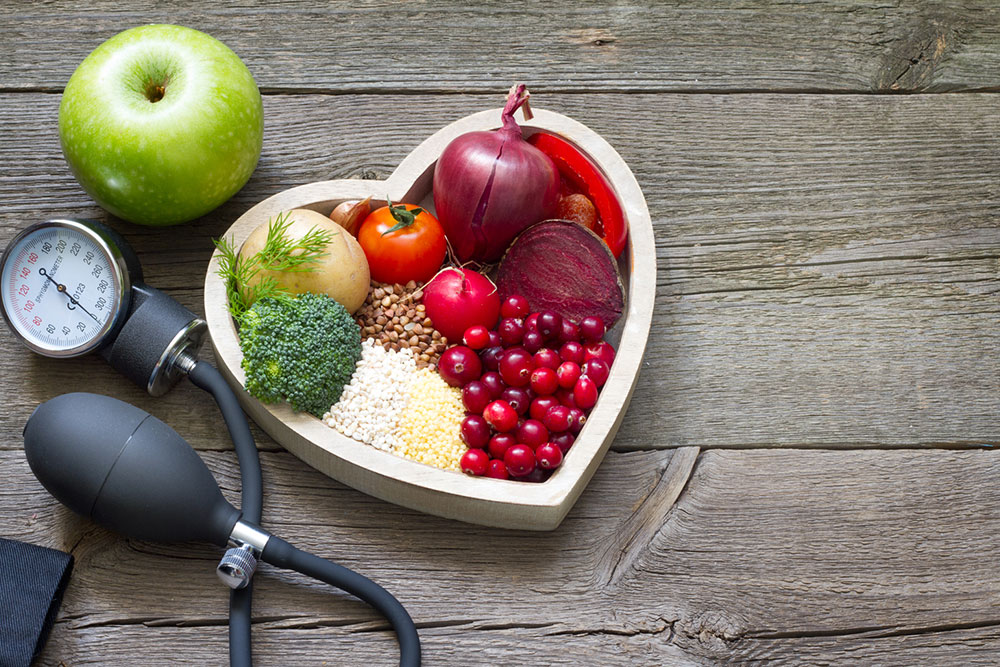Effective Ways to Boost Good HDL Cholesterol Levels
Learn effective strategies to increase your beneficial HDL cholesterol levels. Regular exercise, a heart-healthy diet, weight management, quitting smoking, and medical treatments can significantly improve HDL levels, reducing cardiovascular risks and promoting overall heart health.

Effective Ways to Boost Good HDL Cholesterol Levels
Cholesterol is a waxy substance essential for many bodily processes, including cell formation. It travels through our blood attached to specific proteins called lipoproteins, primarily classified as:
Low-density lipoprotein (LDL), commonly known as the bad cholesterol
High-density lipoprotein (HDL), recognized as the beneficial or good cholesterol
Balancing these types is vital for health. The aim is to increase HDL and decrease LDL levels. Regular cholesterol testing and medical guidance are crucial for effective management.
Optimally, HDL should be maintained above 60 mg/dL, as higher levels are linked to lower risks of heart attack and stroke. Here are proven strategies to enhance HDL concentrations.
Maintain regular physical activity
Consistent exercise is proven to increase HDL levels. Begin with brisk walking or jogging for 15-30 minutes daily, gradually including activities like aerobics, strength training, or interval workouts. Exercise boosts HDL's ability to combat inflammation and oxidative stress.
Maintain a healthy weight
Shedding excess weight positively influences cholesterol profiles. Typically, losing around 3 kg can raise HDL by about 4 mg/dL. Combining a nutritious diet with consistent exercise helps sustain these improvements.
Adopt a heart-friendly diet
Replace saturated and trans fats with healthier options like monounsaturated and polyunsaturated fats found in nuts, seeds, fatty fish such as salmon and tuna, and plant-based oils like olive oil. Incorporate high-fiber foods like beans, whole grains, fruits, and vegetables, which support HDL production. Omega-3-rich foods, including flaxseeds and chia seeds, are also beneficial. A low-carb keto diet may be effective for diabetics and individuals with metabolic conditions.
Avoid smoking
Smoking impairs HDL particles and reduces their protective effects, increasing cardiovascular risk. Quitting smoking can raise HDL levels and improve overall heart health by preventing oxidative damage.
Seek medical treatment if needed
Prescription medications such as statins can lower LDL and modestly elevate HDL levels. Vitamin B3 (Nicotinic acid) is known to increase HDL by 20-35%. Athletes on anabolic steroids should monitor their HDL, as these substances may cause declines. Regular medical check-ups are important for those on cholesterol-affecting medications or supplements.


